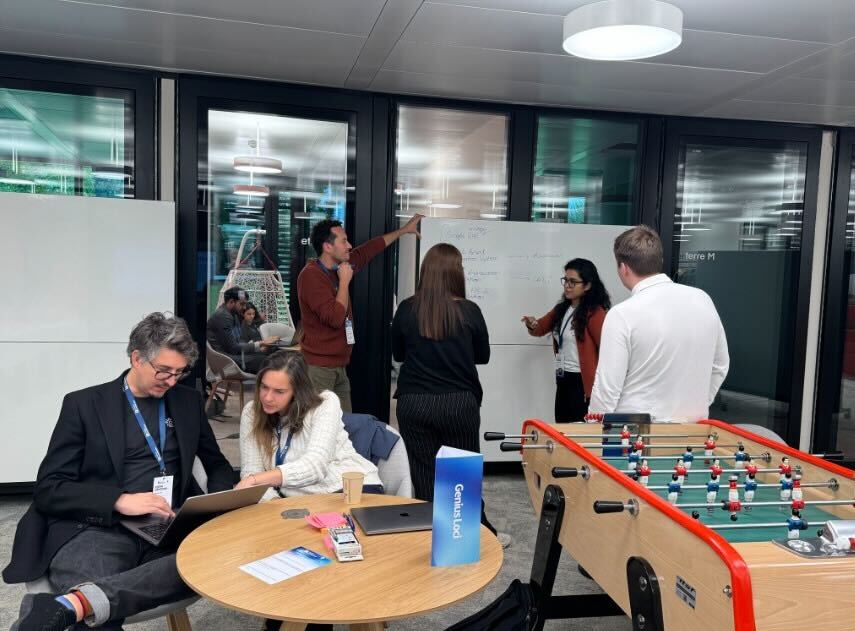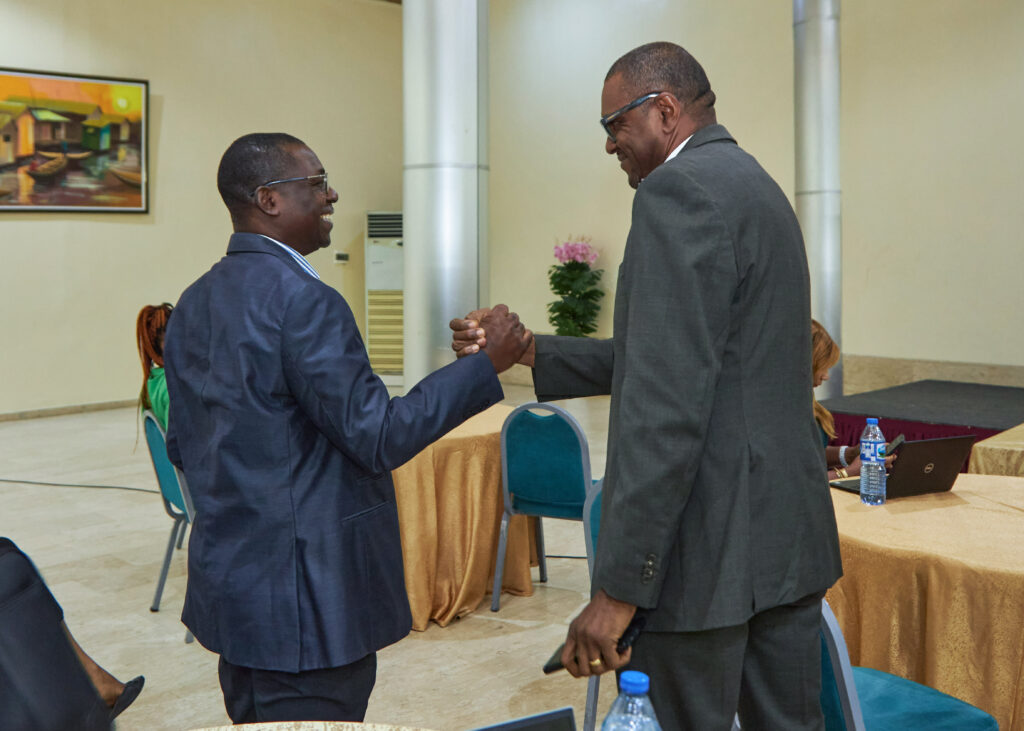
Hello from Geneva and welcome to Cities Can. I hope you are keeping well wherever you’re listening as we approach the end of another eventful year.
My name is Isabel Mestres and I’m the CEO of City Cancer Challenge Foundation – or C/Can, as people know us.
Welcome to Cities Can. A very short but informative miniseries that we’ll be running twice a week during the month of December for people interested in city-led solutions to address the growing burden of cancer. Specifically, we’re going to learn from the C/Can cities of Asuncion, Kigali, Tbilisi, Cali, Kumasi and Porto Alegre. Our colleagues will briefly share with you key solutions their city is currently developing or implementing. For instance, you’ll hear about the impact of a patient navigation project in Kigali, where we are working with local stakeholders to improve care coordination for women with high suspicion or confirmed diagnosis of breast cancer or cervical cancer in Rwanda’s main five cancer centres.
I’ll take the space of this 1st Cities Can of the miniseries to set the tone, as some of you may be wondering what is C/Can, and what do we do?
Quite simply: we are transforming cancer care from the ground up.
But how? And why in cities? That’s the usual question.
We all agree that cancer care is very complex for national health systems. At C/Can, we see cities as small and agile ecosystems of action; mirroring the national system on a smaller and more manageable scale. Cities are a well-defined territories with core cancer services, which is an effective starting point to drive local mobilisation, implementation and impact that can be sustainable and scaled up beyond the city.
Since we started in 2017, C/Can has developed and tested a framework of working with cities that is scalable and adaptable to each city we engage with. Today we are working to reach 60 million people, we are supporting 2500 health workers to drive change, and have developed 89 unique cancer care solutions.
The world is facing levels of volatility that are unprecedented in our lifetimes, but I must say that despite this situation I have never been more optimistic.
Because we have grown a successful, thriving city-led model, we are uniquely placed at the local level to build resilience to face the challenges cancer patients face. Engaging and co-creating with local stakeholders to drive impactful mobilisation is where we see the future of global health moving. That’s why we support our cities to undertake their journey hand-in-hand with others: they are not alone. They can also count on the support of global and local cancer organisations, providing expertise and resources.
So, what’s next?
During next year, 2023, we will be evolving C/Can from a start-up to a sustainable and scalable foundation. We’ll be expanding our network of cities with a new call for applications, so stay tuned!
We’re going to be deepening our local engagement and further improving the sustainability of our cities. And we’ll be strengthening our data assets. We look forward to expanding our partnerships, specifically with the implementation research community. We want to work hand in hand to share evidence on which interventions work, why and how, and in which context across our 5 strategic pillars:
- Strengthening health service delivery,
- Developing health workforce capacity,
- Catalysing health financing,
- Strengthening leadership and governance,
and finally improving health information systems
Before I close, I want to thank the entire C/Can team:32 people who are fully committed and passionate about supporting cities as they work to advance access to quality cancer care. They have teamed up with more than 2500 local stakeholders, and are engaging more than 70 partners and 160 international experts. They are not alone. We have a massive community behind us to bring all of our competitive assets and values to support those cities.
Thanks for listening… don’t miss our next Cities Can!





